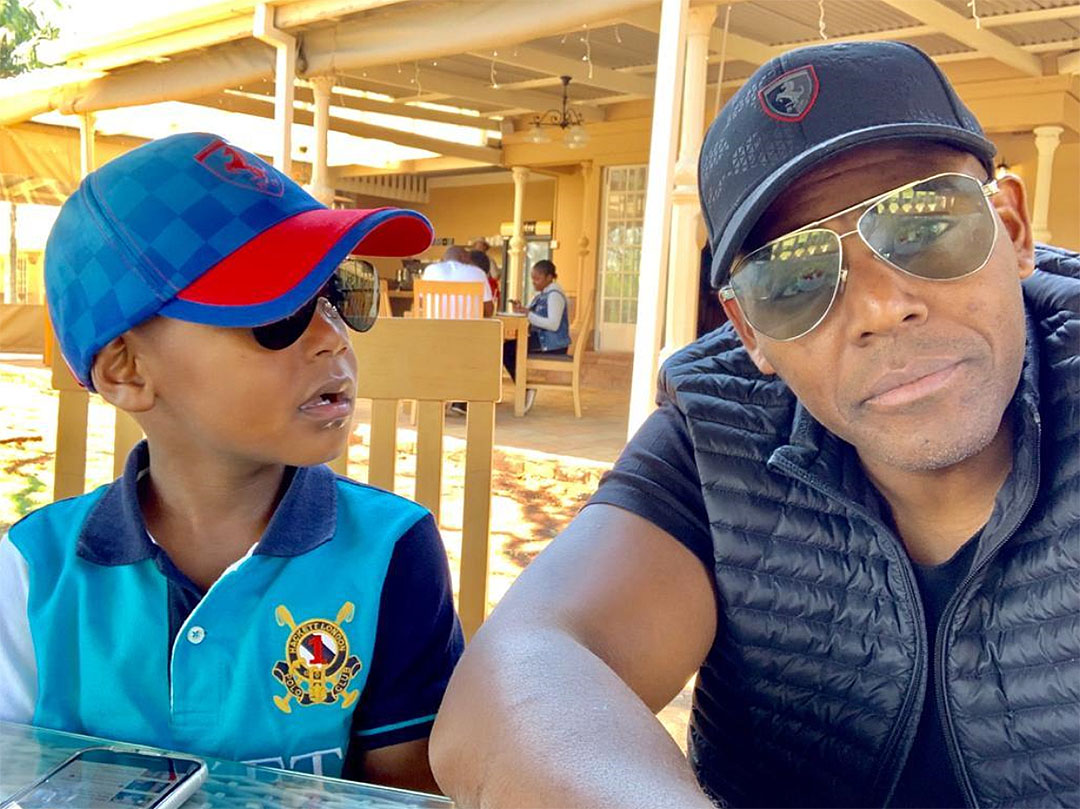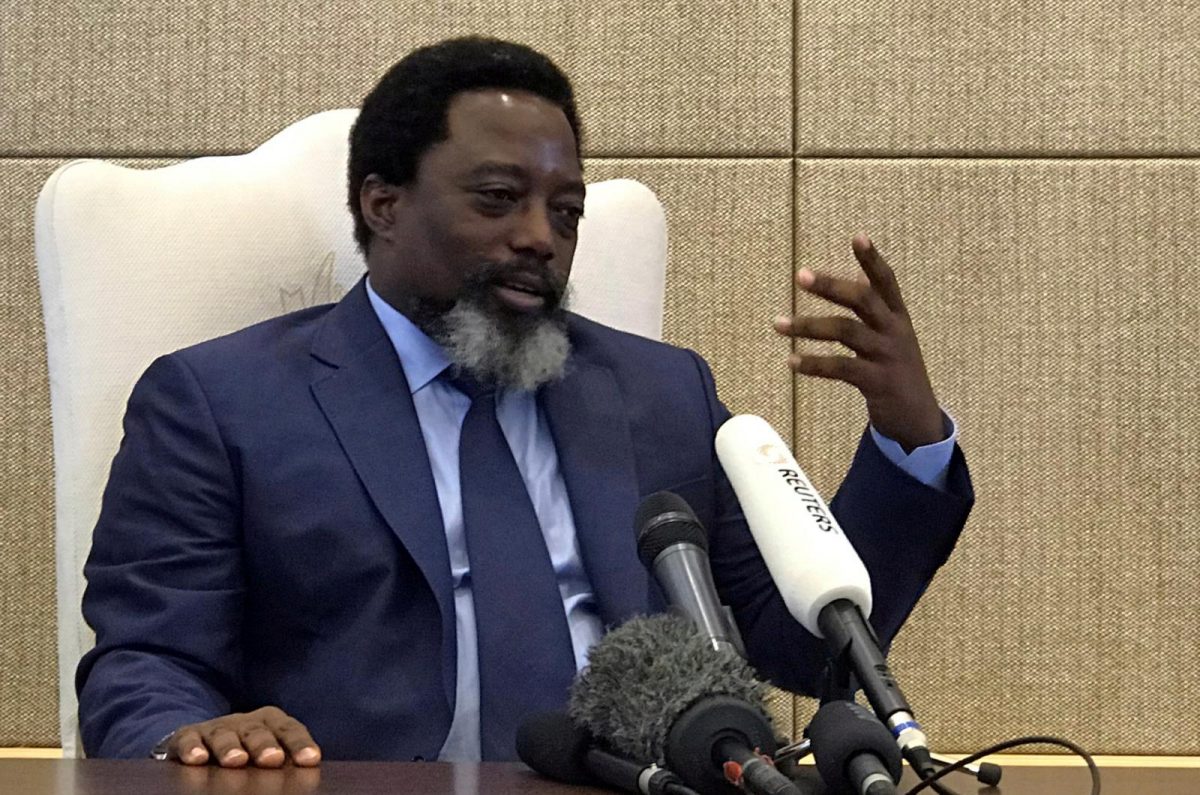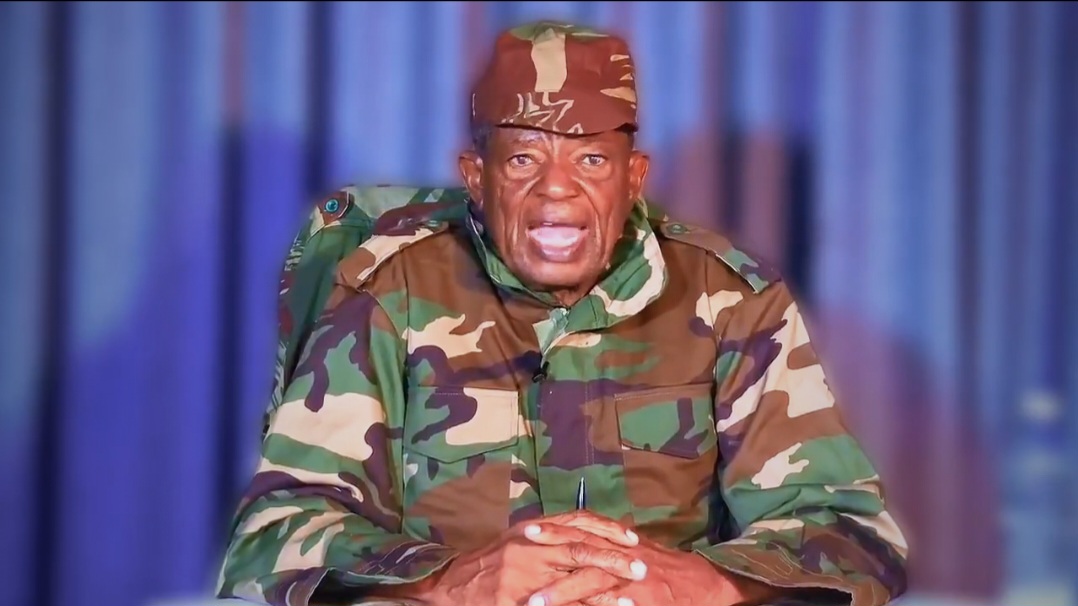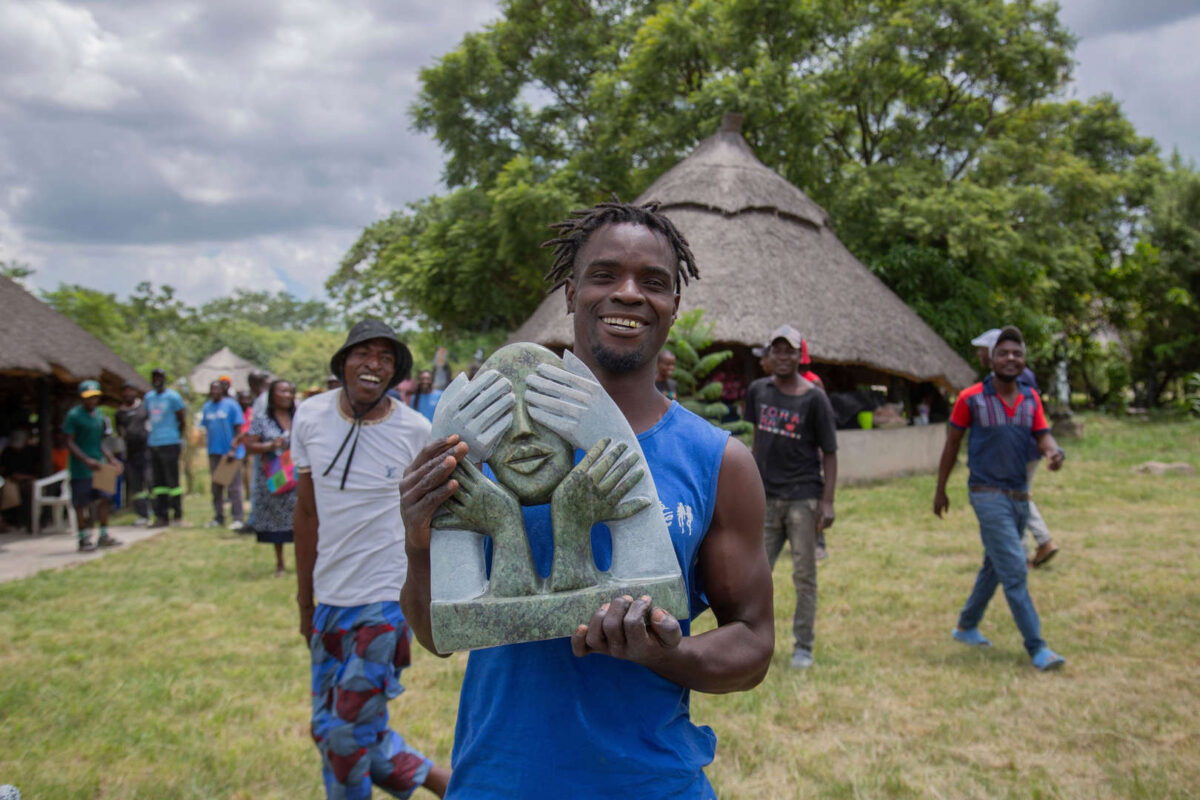HARARE – The Supreme Court has upheld a landmark March 2020 High Court judgement granting parents joint guardianship and custody of children born out of wedlock.
Where disputes arise, however, the courts should hold an inquiry to determine if joint custody and guardianship is in the best interests of the child, the apex court ruled.
The Supreme Court made the determination on Monday this week after hearing an appeal by Chantelle Tatenda Muteswa, who was challenging Justice Happias Zhou’s judgement granting her ex-boyfriend Frank Buyanga Sadiqi joint custody and joint guardianship of their six-year-old son, Daniel Alexander Sadiqi.
With consent from lawyers for Muteswa and Buyanga, three Supreme Court judges said Muteswa’s appeal had partially succeeded as they amended part of Justice Zhou’s judgement, ruling that the dispute be referred back to the High Court “for it to determine the issue of joint custody and joint guardianship after an inquiry as to whether or not joint custody and joint guardianship, in the circumstances of the parties, is in the best interests of the child.”
The High Court had granted joint custody and joint guardianship to Buyanga with the proviso that “if a decision of either parent on any matter relating to guardianship is incompatible with the other parent’s wishes, and likely to affect the life, health and morals of the minor child, and the applicant and respondent cannot reach agreement, either party may apply to a judge of the High Court in Chambers for a determination of the course which is in the best interests of the child.”
Also substituted and set aside was Justice Zhou’s order that a government social worker should, within 30 days of his judgement, be appointed by the Registrar of the High Court to interview the minor child and present a report before a High Court judge “for a final order to be made regarding the full terms of the joint custody.”
Critically, however, the Supreme Court upheld Justice Zhou’s ruling that: “The common law rule that gives the mother of a child born out of wedlock sole guardianship and sole custody and denies the natural father of such a child parental power is inconsistent with sections 56(1), 56(3), 81(1)(a) and 81(2) of the Constitution of Zimbabwe and is invalid.”
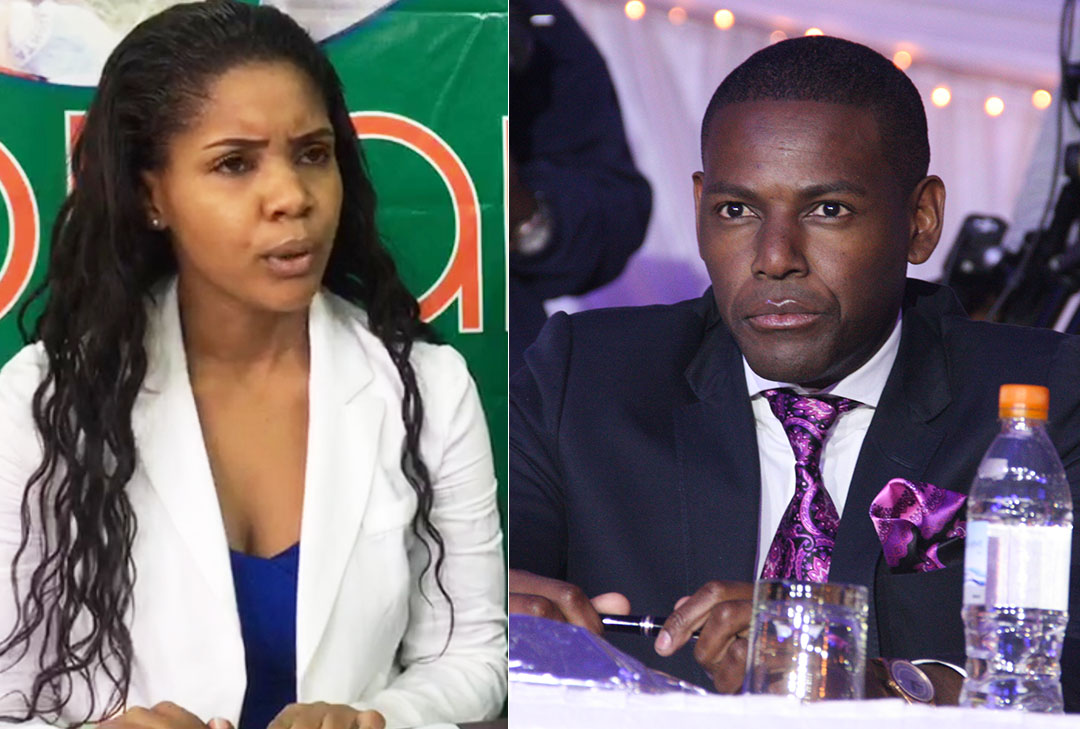
The child custody battle between Buyanga and Muteswa has raged on for years. Early last year, the millionaire businessman had custody of the child, but Muteswa collected the boy from school – setting off a series of dramatic events.
After reporting his son missing to the police, Buyanga later accused authorities of frustrating his efforts to recover the boy. On March 26, 2020, a distressed Muteswa called police after Daniel was seized from a parked vehicle in Harare.
Buyanga wrote to police after the incident saying he was withdrawing his missing person report. “I have recovered my son at Parktown shops in Harare,” he wrote.
A court ordered Buyanga to return the boy to Muteswa within hours, but Buyanga had already left the country – authorities said illegally. He has since been listed on Interpol’s Red Notice and is believed to be living in South Africa.
A legal expert commenting on the Supreme Court ruling said: “The position of the High Court interfering with the common law has been upheld.
“The High Court must on the particular facts of this matter consider whether there is a basis for joint custody, and that means Buyanga needs to be in the country for that inquiry to be conducted which places him in a precarious legal situation.”
Buyanga was represented by Advocate Lewis Uriri while Munyaradzi Bwanya and Choice Damiso, with Justices Samuel Kudya, Tendai Uchena and Alphas Chitakunye sitting as an appeal court.

